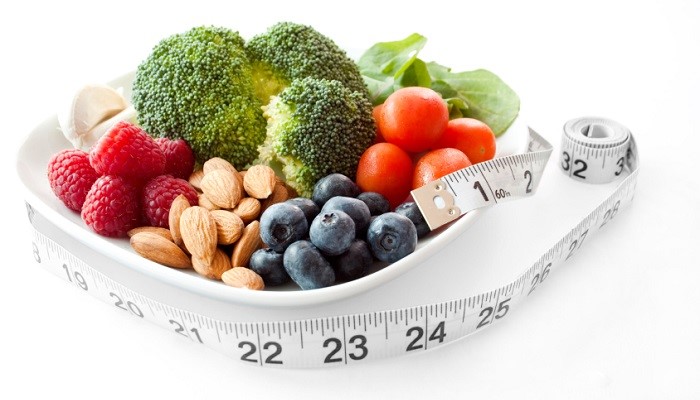When it comes to weight loss surgery, the operative word is “surgery.” That means that in order to have a successful outcome, you need to do your part before and after the procedure. Part of that involves following a special diet known as a bariatric diet. This type of eating plan is designed specifically for people who have had or are considering weight loss surgery.
If you’re thinking about having weight loss surgery, odds are you’ve already made some changes to your diet. But if you’re like most people, you may not be aware of all the ins and outs of what’s involved in eating for success after weight loss surgery. In this blog post, we’ll give you a quick overview of everything you need to know about bariatric diets, including what to eat and what to avoid.
What Is a Bariatric Diet?
A bariatric diet is simply a healthy way of eating that has been specifically designed for people who have had or are considering weight loss surgery. The main goals of a bariatric diet are to help you lose weight safely and efficiently both before and after your surgery.
This type of diet usually includes smaller portions, fewer calories, and specific nutrient goals that can be tracked through a Bariatric app or something similar.
It’s important to note that there is no one size fits all bariatric diet; instead, your individualised plan will be based on factors like your current weight and health status, your expected rate of weight loss, and your surgeon’s recommendations. However, there are some general guidelines that apply to most people who are following a bariatric diet.
What Can You Eat on a Bariatric Diet?
One common misconception about bariatric diets is that they’re all about depriving yourself of the foods you love. But that’s not the case! While it’s true that you’ll likely be eating less food overall after weight loss surgery, that doesn’t mean you have to give up all the foods you enjoy.
In fact, one of the hallmarks of a good bariatric diet is variety. This ensures that you’re getting all the nutrients your body needs while still being able to enjoy meals that appeal to your taste buds. Some of the different types of food you may find on a bariatric diet include:
- Protein Rich foods such as lean meats, poultry, fish, eggs, tofu, legumes, and low fat dairy products
- Fruits and vegetables of all different colours
- Whole grains such as quinoa, oats, brown rice, and whole grain breads and pastas
- Healthy fats such as avocados, nuts, nut butters, and olive oil
- Water! Aim for 64 ounces or more per day.
Of course, this is just a general overview; your exact meal plan will be tailored to your individual needs by your surgeon or another healthcare professional.
What Can’t You Eat on a Bariatric Diet?
In addition to knowing what types of food to eat on a bariatric diet, it’s also important to know which foods to avoid. These include:
- Sugary drinks like soda, fruit juice, sweetened coffee and tea
- Candy
- Cookies
- Cake
- Pie
- Ice cream
- Highly processed snacks like chips and crackers
- Junk food
- Foods high in saturated fat like full fat dairy products, fatty cuts of meat, tropical oils like palm oil
- Foods high in simple carbs like white breads and pastas, sugary breakfast cereals
- Alcoholic beverages
In Summary
By following these guidelines, you can set yourself up for success before, during, and after weight loss surgery.


















